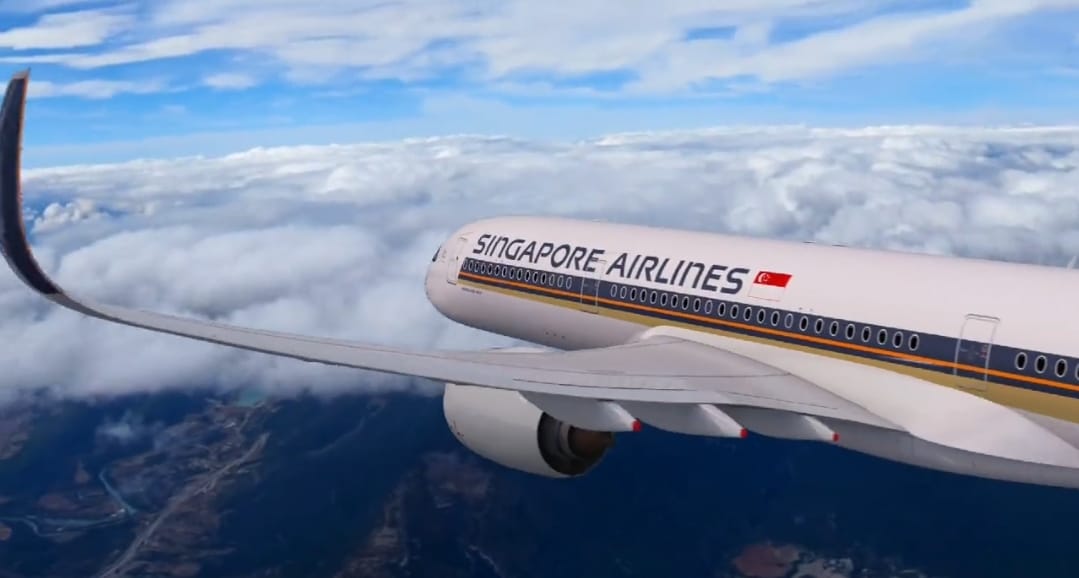The Singapore expansion of the sustainable aviation fuel (SAF) plant set up by Neste of Finland is now complete, making Singapore the world’s largest producer of SAF. An estimated 1 million metric tonnes of SAF can now be produced from this facility, which is an expansion of the existing renewable diesel plant run in Singapore by Neste.
Announcing the project completion yesterday, Neste tweeted: “Today, we celebrate the opening of our Singapore refinery expansion, and what an incredible journey it has been.” Neste had first invested in Singapore in 2007, establishing a renewable diesel refinery. The new SAF plant sits next to the first refinery. Located in Tuas, Singapore, the SAF plant cost EUR1.5 billion (SGD2.2 billion).
SAF is jet fuel that has a renewable biofuel component in it. The biofuel can power aviation because its chemical nature is similar to fossil fuel, but it is sustainable because it comes from a renewable source like biomass.
According to the definition of renewable diesel provided by the US Energy Information Administration: “Renewable diesel is a biomass-based diesel fuel similar to biodiesel, but with important differences. Renewable diesel is a hydrocarbon that is chemically equivalent to petroleum diesel and can be used as a drop-in biofuel and can be transported in petroleum pipelines and sold at retail stations with or without blending with petroleum diesel.”
SAF is the aviation industry’s answer to shrinking its carbon footprint, as the world heads full tilt towards almost irreversible climate change and heat waves sweep across every continent.
Many global and local carriers, including Singapore Airlines, have pledged to use SAF as their contribution to meeting the goals of ‘Net Zero’, a state where no new greenhouses gases are added to the atmosphere through human activity.
People will still need to travel and they’ll want to travel faster, so air travel is not going away. Making air travel greener is the solution, and ramping up SAF production is the need of the hour.
The International Air Transport Association (IATA) said in December 2022: “Airlines are committed to achieve net zero CO2 emissions by 2050 and see SAF as a key contributor. Current estimates expect SAF to account for 65 per cent of the mitigation needed for this, requiring a production capacity of 450 billion litres annually in 2050.”
Neste said in a promotional video that the Singapore expansion, together with its venture in California, United States, would take its total annual SAF production capacity to 5.5 million tonnes by early 2024. It also has a venture in Rotterdam (the Netherlands).




